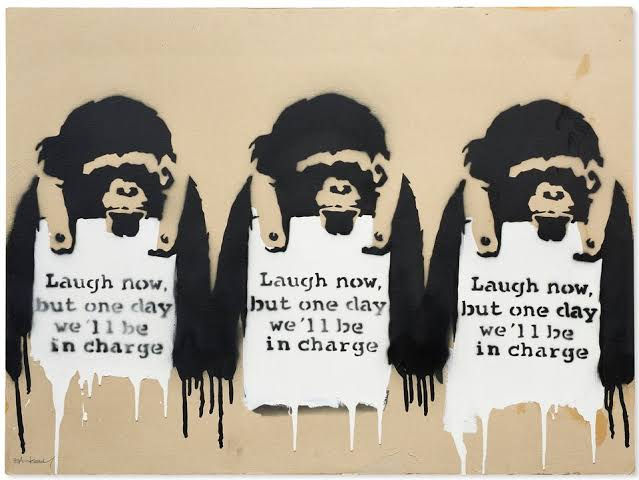Trademark dispute between Sky and SkyKick will finally be decided by the UK’s Supreme Court
- IP News Bulletin
- Sep 14, 2022
- 3 min read
In the United Kingdom, trademark applications must include not only the trademark itself, but also a detailed list of the goods and services for which the applicant intends to use the trademark. If that application is then registered, the owner gains a monopoly and can block the use and registration of confusingly identical trademarks in the UK.
The owner is not required to verify that the mark has been used in the UK until the registration reaches its fifth birthday.
The owner is not required to verify that the mark has been used in the UK until the registration reaches its fifth anniversary. As a result, trademark owners have an incentive to apply for a broad-worded list of goods and services, both to provide them with a broader area of protection and to anticipate future expansion.
The Skykick case delves deeper into the inherent contradiction in which a brand owner claims a genuine desire to use for a long, vague list of goods and services that it may provide in the future, but has no real plans to do so at the time of application.
What about broad categories (such as 'computer software')? Can an applicant actually intend to utilise a trademark on all forms of computer software? If not, might filing such applications be considered an act of bad faith under UK trademark law, rendering a trademark registration whole or partially invalid?
After six years, eight judgements, and a journey to the European Court of Justice, the UK Supreme Court is now dealing with these issues. Sky (a satellite and pay TV service provider) claimed in 2016 that SkyKick (a Seattle-based supplier of cloud management and software) had infringed on a number of its Sky trademark registrations by using the Skykick moniker.
Sky, like many others (and as has traditionally been usual practise in trademark circles), protected its marks for (among other things) computer software, without regard to the precise sort of software delivered by Sky. The lawsuit was made principally on the basis that there was a danger of consumer confusion between the parties' offerings, and that SkyKick's use of the Skykick mark took unfair advantage of Sky's reputation in the UK.
SkyKick contended in its denial of infringement that Sky had operated in bad faith by filing such broad applications. Much of the debate focused on whether filing an application to cover all conceivable types of computer software may be considered bad faith.
The High Court answered in the affirmative in its 2020 ruling, however the Court of Appeal disagreed last summer, finding Sky's registrations to be entirely legitimate and violated by SkyKick.
If the Supreme Court agrees with the High Court, the implications for brand owners will be significant, as the validity of a large number of UK trade mark registrations that include "computer software" without limitation, as well as other, similarly broad umbrella terms, will be called into question.
The Supreme Court will rule against the backdrop of an increasingly congested trademark register and rising levels of trade mark depletion.
According to a recent examination of EU and US trade mark registrations, more than 75% of the English language's 20,000 most popular words match an existing EU trademark registration. The few eliminated words had overwhelmingly negative connotations (for example, "worst" and "kill").
In the midst of the uncertainties surrounding the judgement, it may be a good time for brand owners to seek expert guidance on their trademark strategy - not just to understand the dangers of this decision to their existing portfolio, but also to ensure that any future applications are properly drafted.












Comments